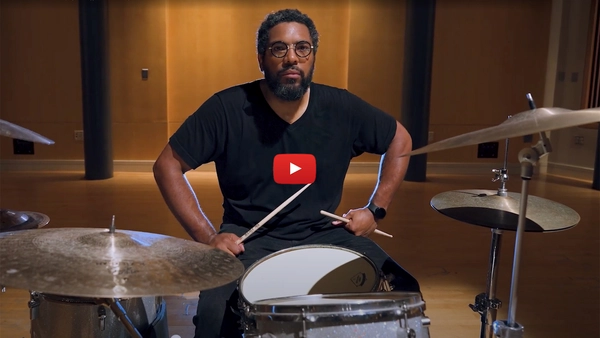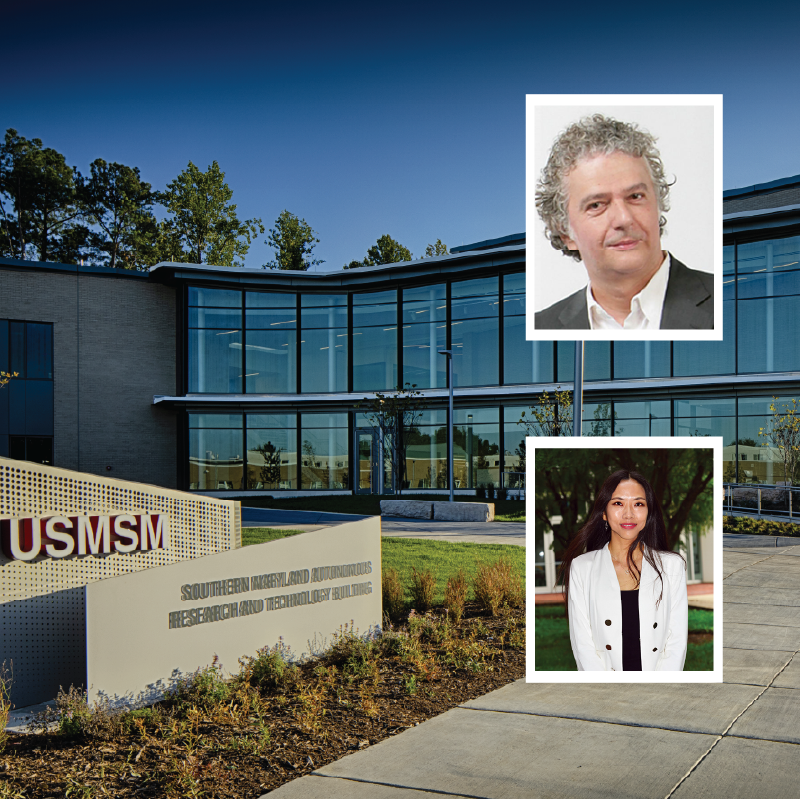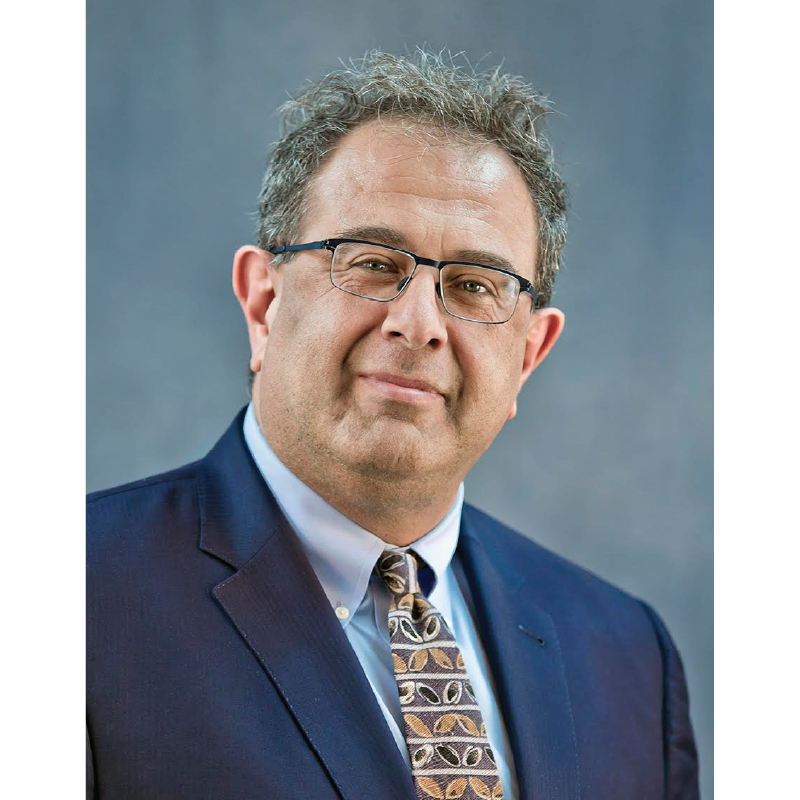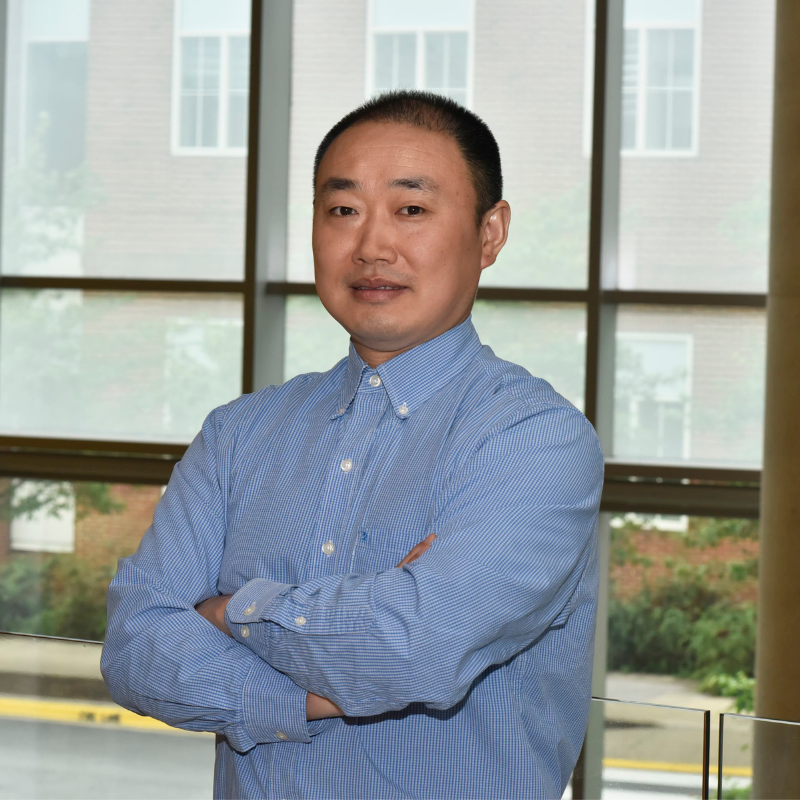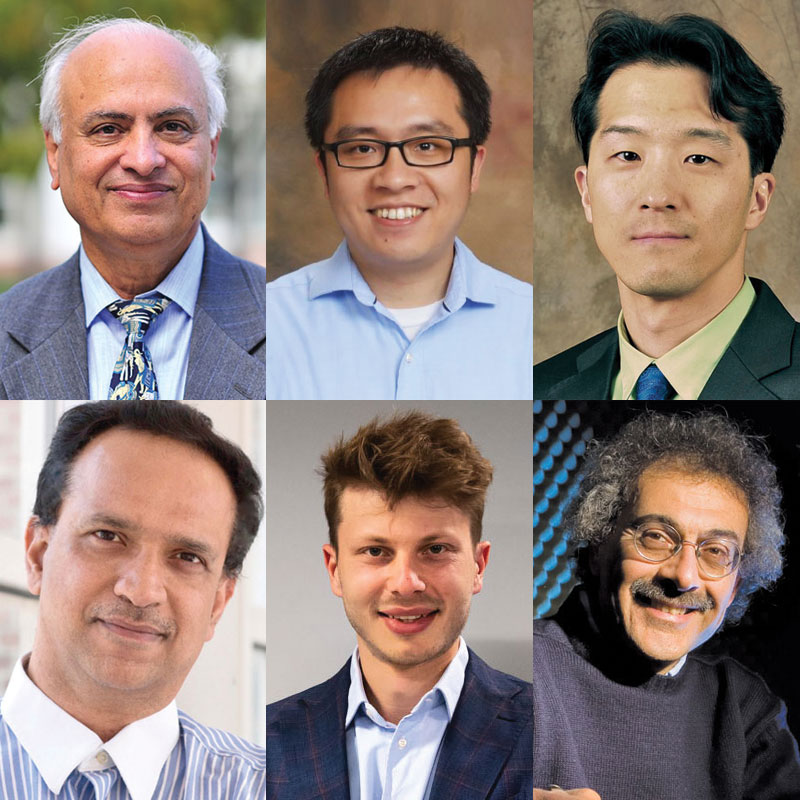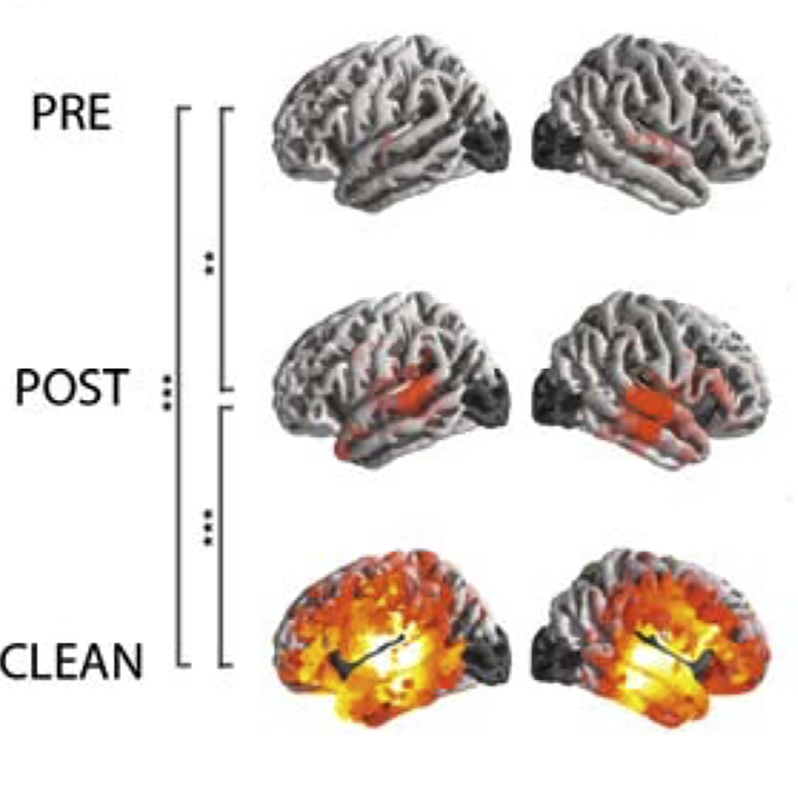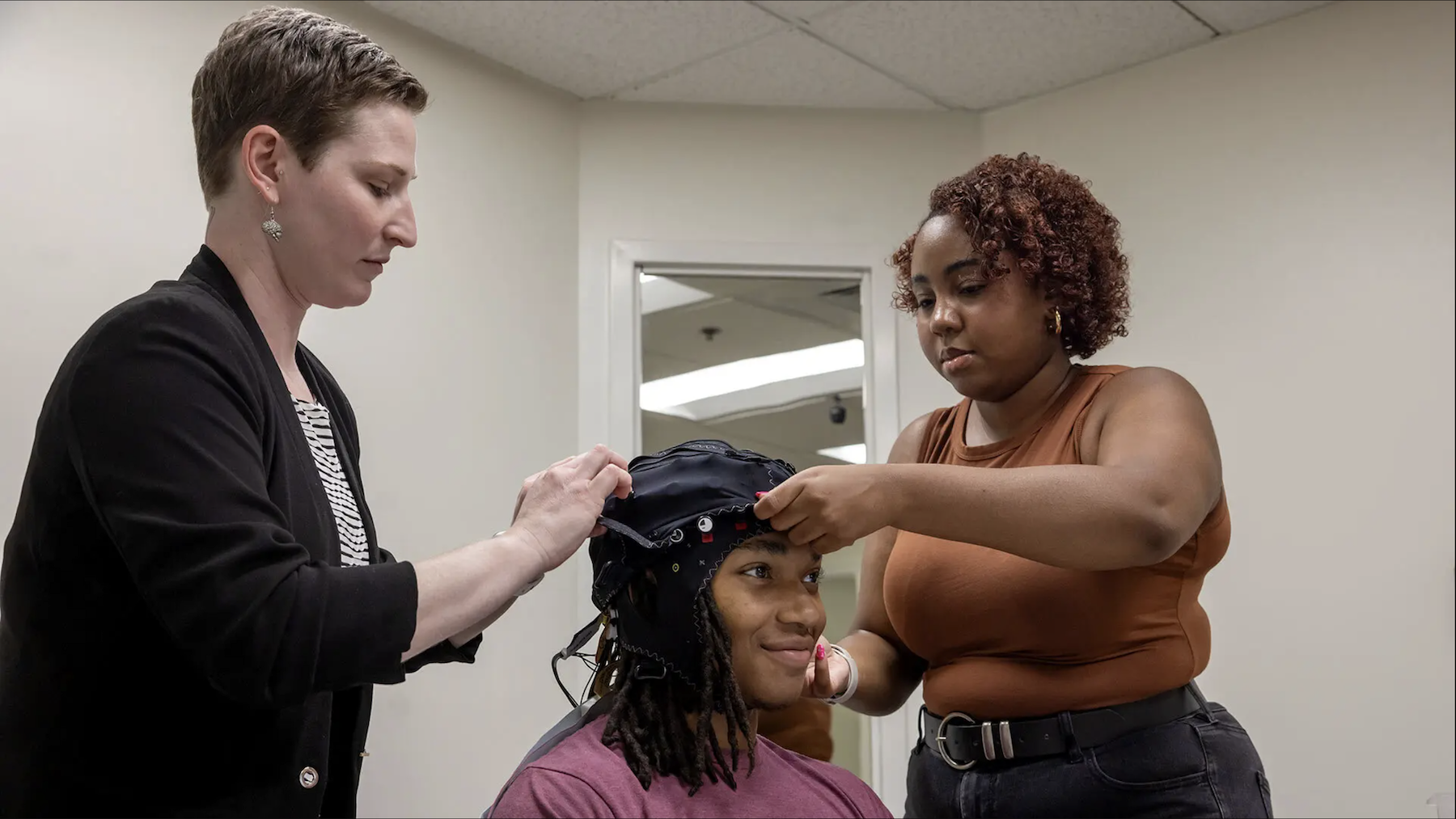News Story
Nine UMD Faculty Receive Prestigious National Science Foundation CAREER Award
Contacts:
Melissa Andreychek 301-405-0292
Abby Robinson 301-405-5845
COLLEGE PARK, Md. — Nine faculty members from the University of Maryland received Faculty Early Career Development (CAREER) Awards from the National Science Foundation (NSF). The award is one of NSF’s most prestigious honors in support of junior faculty who exemplify the role of teacher–scholars through outstanding research, excellent education, and the integration of education and research within the context of the mission of their organizations.
Electrical and Computer Engineering Assistant Professor Behtash Babadi, an affiliate of the Institute for Systems Research, received a five-year CAREER Award for $489,813. His research will help develop a mathematical framework for efficient analysis of high-dimensional recordings of brain activity, with the goal of understanding the mechanisms by which the brain processes sensory stimuli in a seemingly effortless, yet sophisticated, fashion. In particular, he will use this framework to investigate the computational mechanisms underlying auditory processing in the brain, such as auditory learning, perception, and memory formation.
Mathematics Assistant Professor Jacob Bedrossian, who also holds an appointment in the Center for Scientific Computation and Mathematical Modeling, received a CAREER Award for $418,102. He will use the award to lay the foundation for a wider mathematical theory on mixing, dissipation and stability in fluid mechanics.
Mathematics Assistant Professor Maria Cameron received a $400,000 CAREER Award to develop new methods for analyzing complex networks that arise when modeling complex physical, chemical, and biological systems. Examples include the rearrangements and growth of interacting particle clusters and the cell division process.
Anthropology Assistant Professor Sean Downey received a five-year $500,000 CAREER award to conduct a comprehensive study on the sustainability of a farming practice called swidden agriculture common in Mayan villages in Belize. Among other techniques, Downey will utilize drones to create high-resolution multi-spectral maps of swidden fields in order to monitor the changing landscape.
Fire Protection Engineering Assistant Professor Michael Gollner, who also holds affiliate appointments in the departments of mechanical and aerospace engineering, received a five-year CAREER Award for $500,000. Gollner will utilize laboratory experiments to develop quantitative models to describe the physics of fire spread. Once these improved models for fire spread are developed, they can be used in applications such as more accurately predicting fire suppression, evacuations, and fire weather alerts.
Aerospace Engineering Assistant Professor Anya Jones received a five-year, $500,000 CAREER Award for her research to improve the safety, reliability, and efficiency of air vehicles by gaining a deeper understanding of how large flow disturbances like those encountered in high winds and gusty flight environments cause flow separation and unsteady airloads. In addition, President Barack Obama named Jones a Presidential Early Career Award (PECASE) winner.
Electrical and Computer Engineering Assistant Professor Jeremy Munday, who also holds affiliate appointments in the Institute for Research in Electronics and Applied Physics and the Chemical Physics Graduate Program, was awarded a five-year CAREER Award for $500,000. Munday will investigate how light interacts with metals on the nanoscale in order to avoid heat dissipation in electronics, while simultaneously developing educational tools for solar energy. His work could lead to a greater understanding of how to mitigate power losses due to device heating.
Electrical and Computer Engineering Assistant Professor Piya Pal, an affiliate of the Institute for Systems Research, received a five-year, $500,000 CAREER Award for her research to develop a systematic theory of smart sampling and information retrieval algorithms for modern sensing systems. The educational component of the project aims to integrate the research outcomes into innovative research/teaching platforms to help train the next generation of electrical engineers and encourage them to pursue careers in the fields of science, technology, engineering, and mathematics.
Physics Assistant Professor Jay Deep Sau, a fellow of the Joint Quantum Institute, received a five-year CAREER Award for $443,903. Sau, a theoretical condensed matter physicist interested in applying topological principles to create protected solid-state and cold-atomic systems for quantum information processing, will use the award to build a research program focused on predicting phenomena that could help pave the way for topological quantum computation.
Published April 19, 2016

